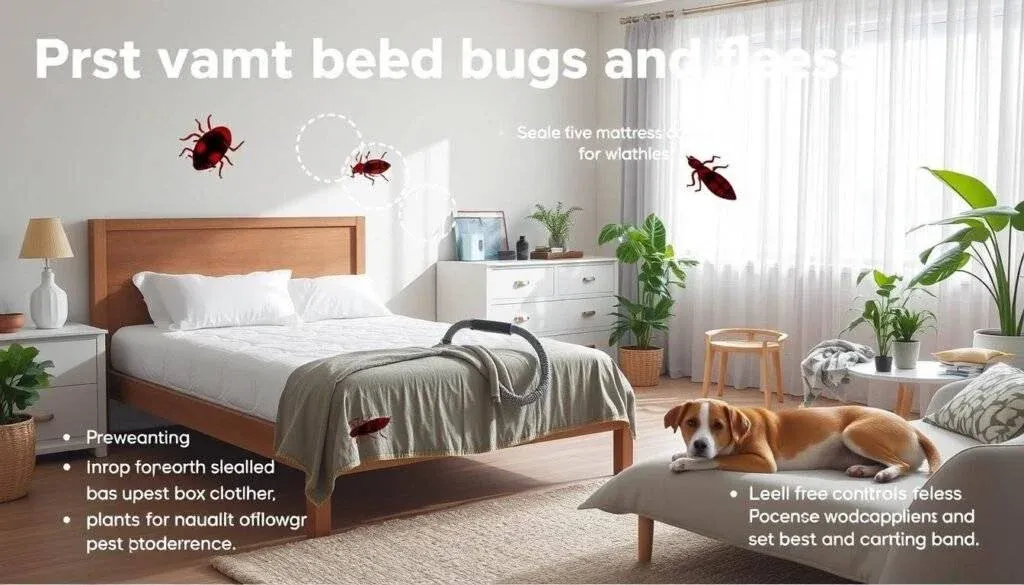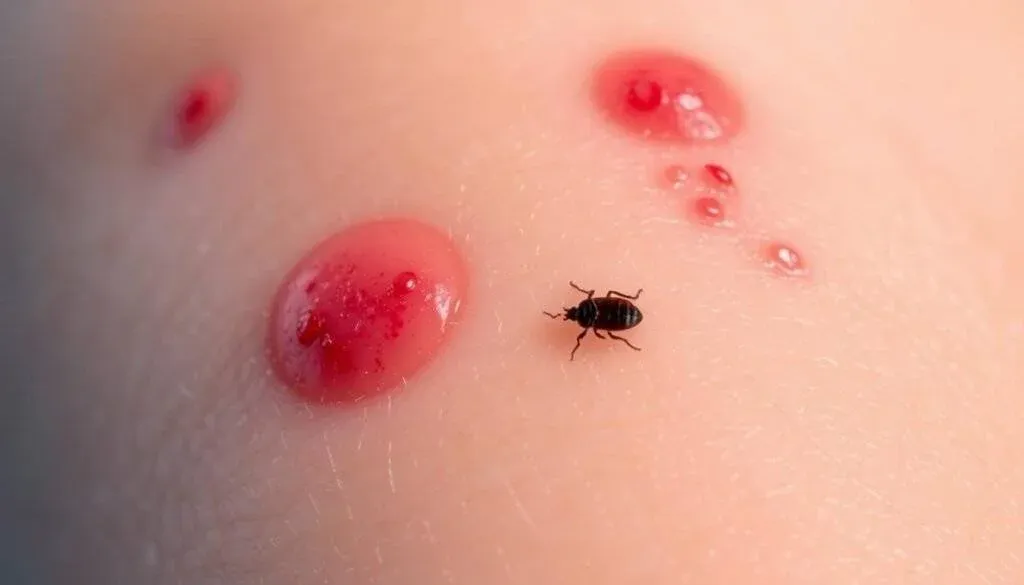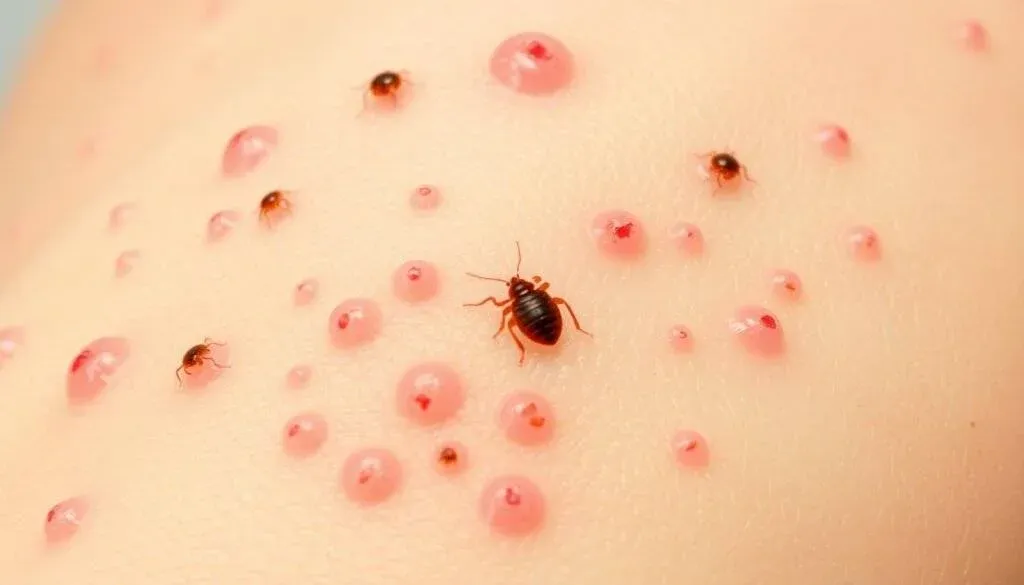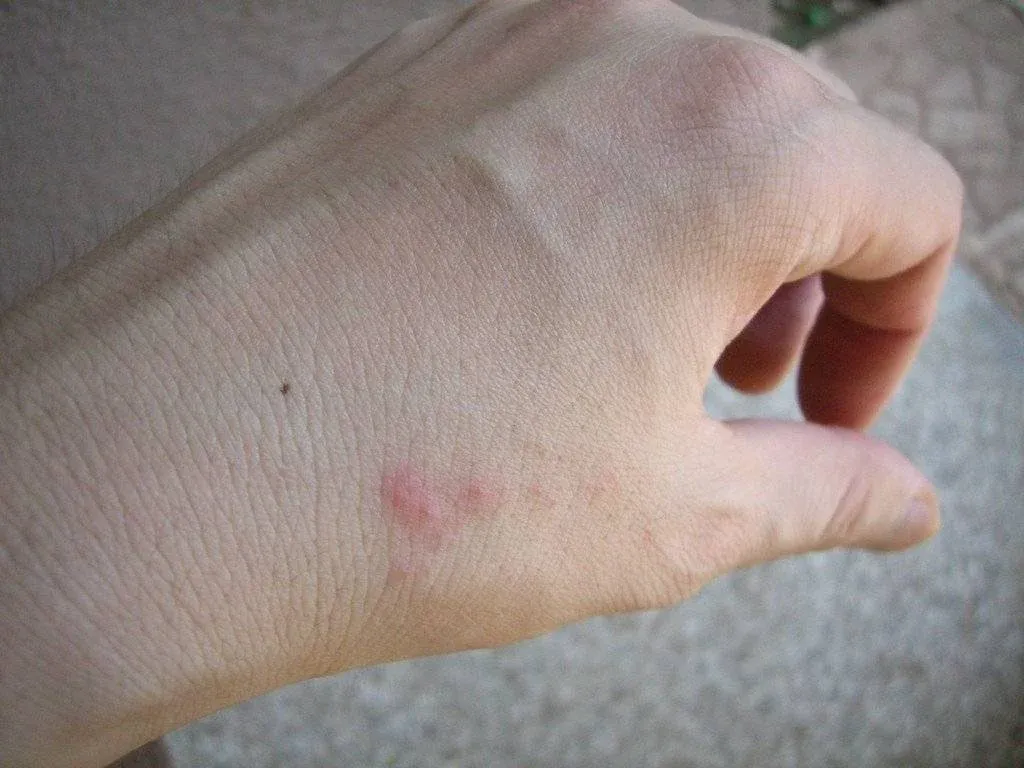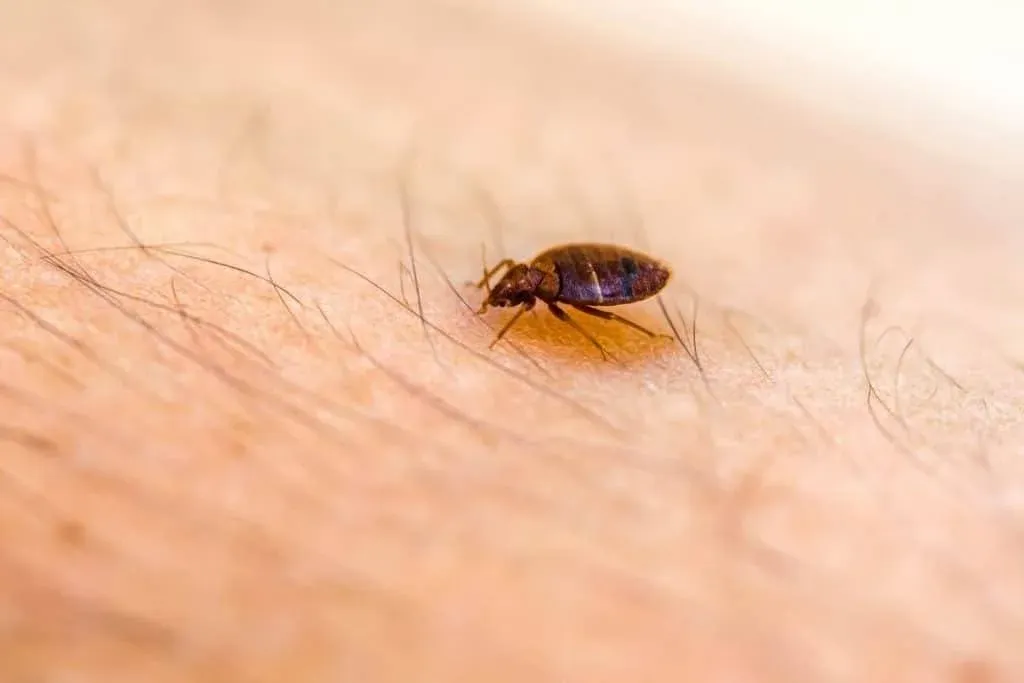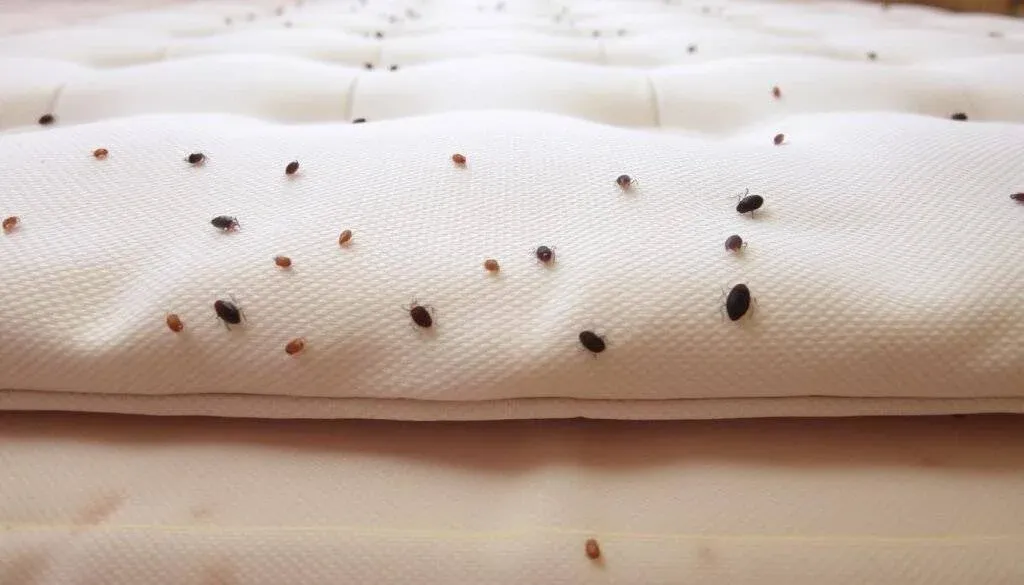If you’ve ever experienced the irritation and discomfort of a bed bug bite, you’re not alone. These tiny pests can cause big problems, especially when it comes to your skin and sleep quality. Fortunately, finding the right treatment for bed bug bites can provide fast relief and help prevent long-term damage. In this guide, we’ll explore exactly what bed bug bites are, how to identify them, and the most effective ways to treat them at home or with medical care.
What Are Bed Bug Bites?
Bed bug bites are the result of small parasitic insects that feed on human blood, usually while you sleep. These bites often appear in small clusters or lines and can cause intense itching, redness, and inflammation. While they’re generally not dangerous, repeated scratching can lead to infection or scarring if left untreated.
Understanding the cause and symptoms is the first step in choosing the right treatment for bed bug bites. Most bites are painless at first but become irritated over time. The good news? You can manage the discomfort with proper care and remedies.
How to Identify Bed Bug Bites
Differentiating bed bug bites from mosquito or flea bites is crucial for effective treatment. Bed bug bites are typically:
Small, red, and slightly swollen
Found in clusters or a zigzag pattern
Most common on arms, legs, back, neck, or face
Itchy, especially at night or early morning
Unlike other insect bites, bed bug bites often appear in a predictable line. If you’re seeing consistent patterns of these bites, it’s time to think about a suitable treatment for bed bug bites.
Why Prompt Treatment Matters
Delaying the treatment for bed bug bites can lead to secondary skin infections. Scratching the area might introduce bacteria, resulting in swelling, pus formation, or prolonged healing time. Moreover, untreated bites can trigger allergic reactions in sensitive individuals.
That’s why it’s crucial to apply remedies as soon as symptoms appear. Early intervention not only helps with faster healing but also reduces the urge to scratch, keeping your skin intact and infection-free.
Effective Home Remedies for Bed Bug Bites
You don’t always need to rush to the doctor. In many cases, simple at-home remedies can offer excellent results. Below are some proven natural solutions:
Cold Compress
Applying a cold compress helps reduce inflammation and numbs the area, offering instant relief from itching.Baking Soda Paste
Mix water with baking soda to create a paste and apply it to the bites. This helps neutralize the pH of your skin and reduces itching.Aloe Vera Gel
Aloe vera contains anti-inflammatory and antimicrobial properties, making it an ideal treatment for bed bug bites. It also soothes irritation and supports skin repair.Witch Hazel
Witch hazel acts as an astringent and relieves inflammation. Dab it gently using a cotton ball for calming relief.Tea Tree Oil
Known for its antibacterial benefits, tea tree oil can prevent infection and speed up the healing process. Dilute before applying to avoid skin irritation.
These home remedies offer affordable and effective alternatives when you’re dealing with minor bed bug bites. However, for more severe reactions, medical options might be required.
Over-the-Counter Treatments for Bed Bug Bites
If natural solutions aren’t enough, several over-the-counter products are also available. These options are ideal when you need stronger relief:
Hydrocortisone Cream
This topical steroid helps reduce redness, itching, and inflammation. It’s one of the most popular choices in the treatment for bed bug bites.Oral Antihistamines
Medications like diphenhydramine (Benadryl) relieve itching and allergic responses, especially if you’re reacting strongly to the bites.Antibiotic Ointments
If the area becomes infected from scratching, apply an antibiotic cream like Neosporin to support healing and avoid further complications.Calamine Lotion
This classic remedy is effective in soothing itching and drying out inflamed skin.
Each of these products plays a role in comprehensive care. Combine them with lifestyle adjustments, such as avoiding scratching and keeping your skin clean, to ensure the best results.
When to See a Doctor
While most bites are harmless, some cases require medical attention. Seek a doctor’s advice if you experience:
Severe allergic reactions such as swelling of lips or face
Difficulty breathing or dizziness
Signs of infection like pus, heat, or extreme pain
Bed bug bites that don’t heal after 1-2 weeks of treatment
Doctors can prescribe stronger medications or corticosteroids if necessary. For persistent or systemic issues, professional care ensures that your treatment for bed bug bites is safe and effective.
Preventing Future Bed Bug Bites
The best treatment is always prevention. To keep bed bugs away:
Regularly wash and heat-dry bed linens and curtains
Inspect mattresses and box springs for signs of infestation
Vacuum frequently, especially near beds and furniture
Seal cracks and crevices where bugs might hide
Use bed bug-proof mattress encasements
Be cautious when staying at hotels or bringing in secondhand furniture
By preventing new bites, you reduce the need for repetitive treatment for bed bug bites, allowing your skin to heal and stay protected.
How Long Do Bed Bug Bites Last?
In most cases, bed bug bites heal within 7 to 14 days with proper care. However, some people may experience prolonged itching or dark spots that last a few weeks. Gentle skin care, moisturizing, and avoiding irritants can speed up healing.
Remember, the quicker you begin the treatment for bed bug bites, the faster your skin will return to normal.
Final Thoughts on Treatment for Bed Bug Bites
Experiencing bed bug bites can be frustrating, but with the right knowledge and care, recovery is well within reach. Whether you’re using natural remedies, over-the-counter solutions, or medical treatment, consistency is key.
Always monitor the condition of your skin and adjust your treatment for bed bug bites based on the severity. And don’t forget prevention—because stopping future bites means better sleep, better skin, and a healthier you.

